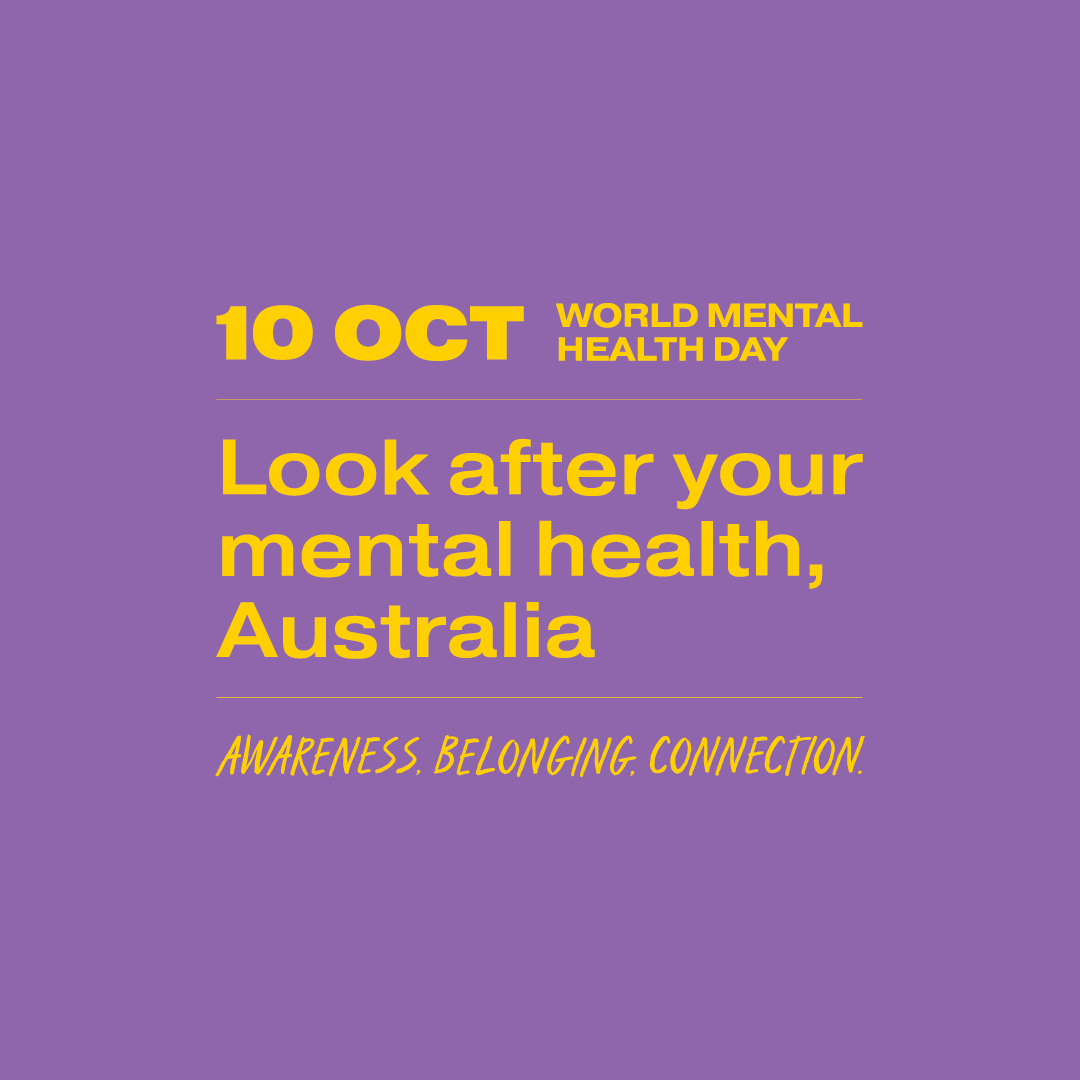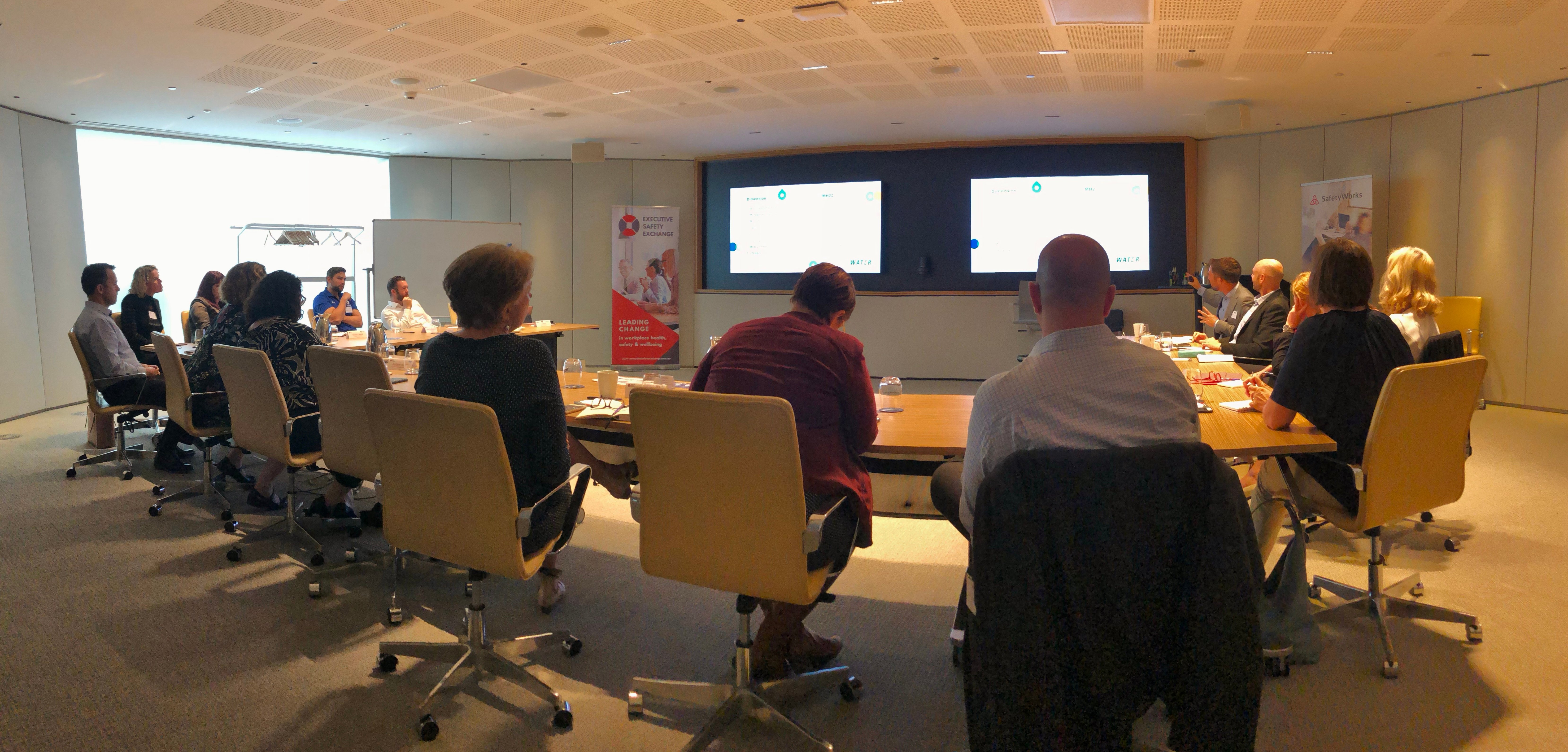A few weeks ago, I was up at the crack of dawn along with thousands of other Sydneysiders heading in to our wonderful Hyde Park for the Sydney Half Marathon. My role was as Chief Support Officer for a running friend (I do a great job of pep talks, mobile phone safe-keeping, and all-round cheer leading activity). What I saw in the persistence and willpower of those elite athletes, weekend warriors and the regular Jane Doe was really, what mental toughness looks like in action.
Isn’t it just willpower?
We all know how useful willpower can be to keep going in the face of obstacles, and resist desires. Who hasn’t been tempted to hit the snooze button at 6am and roll over for another hour’s sleep instead of getting up to exercise? However, we also know from research that willpower seems to be a finite resource, and gets depleted when we use our self-control to overcome temptation. Think about how good we are at resisting the urge to eat the ‘wrong’ foods early in the day compared with later that day, or in the evening on the couch. As our pool of self-control gets used up, we are more likely to give in.
The ability to build determination and never quit is a valuable ability for all of us, whether we are running a marathon or high-performing week in-week out, in a demanding and rapidly changing work environment. So what can we do to develop it?
Willpower tips –
- Train your brain to have a bigger reserve (mindfulness and emotion-regulation practice helps)
- Ensure you are fully stocked with willpower before you are due to need it
- Minimise self-control depletion by not over-using mental energy on decisions and choices that don’t really matter (think Steve Jobs’ wardrobe choice)
- Establish automatic habits for behaviours you want to strengthen so you don’t just rely on and use up your limited willpower resources
What else do we need to know to help us maintain focus, and to not quit?
Introducing Mental Toughness -
‘The capacity of an individual to deal effectively with stressors, pressures and challenge and perform to the best of their abilities, irrespective of the circumstances in which they find themselves’ (Clough & Earle, 2002).
Sounds good right? Let’s break it down, and talk about ‘the 4 Cs’ of Mental Toughness….
- Control – feeling like you are in control of your life and emotions
- Challenge – seeing challenges as opportunities and actively seeking them out
- Commitment – ‘stickability’…persisting and remaining focussed
- Confidence – the self-belief to successfully complete tasks
Mentally tough people are more likely to –
- Complete a project on time and on target
- View change as an opportunity
- Perform more effectively in terms of volume and quality
- Volunteer for things
- Get the job they want
- See positives
- Sleep better
- Have reduced absenteeism
- Put set-backs in perspective and recover more quickly
Wow! Other than employing me as your personal Chief Support Officer, what can you do to build and protect your mental toughness?
Quick mental toughness hacks –
- Control – If a situation feels overwhelming and completely outside of your control, think about if there’s any part of it that just might be within your control after all. It might be how you respond, or what you choose to learn from it, or how you talk about it to others, or even your level of acceptance of the bits you really can’t control.
- Challenge – The modern work context is full of demands, unexpected twists and challenges galore. Be prepared by keeping your resources topped up to manage pressures. Recognise that challenges are often great opportunities for personal and professional development…think about how you could use a particular challenge you are facing to help you bring your potential to realisation.
- Commitment – Choose your goals carefully and align them with your values. Think about your long-term outcomes and your ‘why’ to stay true to your course and help keep you on track when the going gets hard. And be realistic about the landscape of life – setbacks, complications and failures are all par for the course and can be framed as opportunities for growth.
- Confidence – If there’s an area you feel less confident in e.g. speaking up in a group, list five positive things about yourself in relation to that. Work with someone else to help you with this (your manager, a work buddy, or friend) or take one of the free strengths assessments online. Cultivate and protect these strengths, and draw on them in times of doubt.
How can I tell how mentally tough I am?
There’s a popular and reliable assessment that’s used globally, across many settings such as leadership development, stress management, career transition and organisational change. Let us know if you’d like to learn more about assessing and building mental toughness.
P.S. If anyone’s looking for me, I’m gathering my grit, and practicing my super-support skills to be race-ready for the full Marathon later this year!






Comment